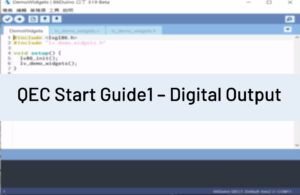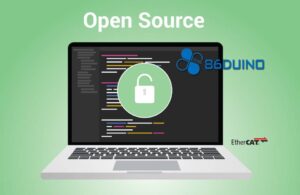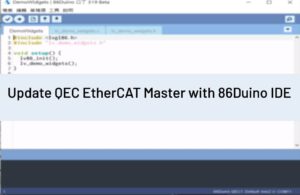[Audio]
Description
Prepares audio samples from the named file to the audio buffer and sets the volume.
Syntax
Audio.prepare(buffer, samples, volume);
Parameters
buffer(short): the named buffer holding the audio file.samples(int): number of samples to write.volume(int): a 10-bit number representing the volume of the audio being played. 0 turns the sound off, 1023 is the maximum volume.
Returns
Nothing.
Example
#include <SD.h>
#include <Audio.h>
void setup()
{
// debug output at 9600 baud
Serial.begin(9600);
// setup SD-card
Serial.print("Initializing SD card...");
if (!SD.begin()) {
Serial.println(" failed!");
return;
}
Serial.println(" done.");
// 44100hz stereo => 88200 sample rate
// 100 mSec of prebuffering.
Audio.begin(88200, 100);
}
void loop()
{
int count=0;
// open wave file from sdcard
File myFile = SD.open("test.wav");
if (!myFile) {
// if the file didn't open, print an error and stop
Serial.println("error opening test.wav");
while (true);
}
const int S=1024; // Number of samples to read in block
short buffer[S];
Serial.print("Playing");
// until the file is not finished
while (myFile.available()) {
// read from the file into buffer
myFile.read(buffer, sizeof(buffer));
// Prepare samples
int volume = 1023;
Audio.prepare(buffer, S, volume);
// Feed samples to audio
Audio.write(buffer, S);
// Every 100 block print a '.'
count++;
if (count == 100) {
Serial.print(".");
count = 0;
}
}
myFile.close();
Serial.println("End of file. Thank you for listening!");
while (true) ;
}Libraries Reference Home
The text of the 86Duino reference is a modification of the Arduino reference and is licensed under a Creative Commons Attribution-ShareAlike 3.0 License. Code samples in the reference are released into the public domain.



